Social media abuse is rising but new laws to penalise trolls won’t help all victims, experts warn
Threats, hate and vile abuse are becoming alarmingly common on social media and new laws won’t handle all cases, experts warn.
Technology
Don't miss out on the headlines from Technology. Followed categories will be added to My News.
World-first laws to penalise trolls and banish the most harmful threats and abuse from social media are on track to launch in Australia early next year, in a move experts and psychologists say is urgently needed to stem a tsunami of online harassment.
But Australia’s eSafety Commissioner, who will oversee the laws, warns they were only designed to deal with a fraction of abuse rampant on social networks, and many victims would still be turned away.
Academics and anti-hate activists said the warning proved tech giants needed to do more to stop hateful, threatening, racist and misogynist abuse on their platforms, and current moderation efforts were failing.
Platforms including Facebook, Instagram, and Twitter have recently hosted a rash of vile abuse targeting high-profile athletes, coaches, business figures, music and TV stars, from Simone Biles and Lizzo to Dean Boxall and Tones & I.
Australia’s Online Safety Act will be among the first laws in the world to stop this kind of abuse, giving the eSafety Commissioner the power to have it removed from platforms within 24 hours and fine individual perpetrators up to $111,000.
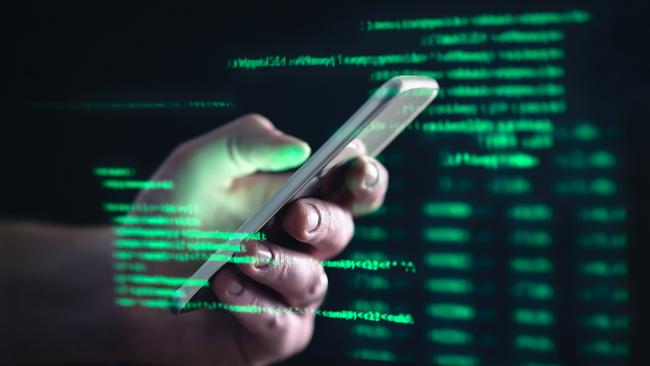
eSafety Commissioner Julie Inman Grant said the threshold for using those powers was extremely high, and reports they could be used to police all social media abuse were incorrect.
“We weren’t set up to be the content moderator of the internet,” she said.
“We have to prove there was intent to harm, that there was content viewed as menacing, harassing or threatening to a reasonable person.
“And the tech industry ended up getting a clever little amendment that gave us an even higher bar: we have to prove that the tweet or post or (direct message) doesn’t just cause emotional distress but significant mental distress.”
Ms Inman Grant said the adult cyber abuse scheme, due in January 2022, would rely on individuals reporting the abuse, and victims could only do so 48 hours after asking for the content to be removed by its host.
Even before the scheme was in place, however, she said the Commission had received almost 4000 informal complaints from adults seeking help to remove online abuse as the issue spiralled.
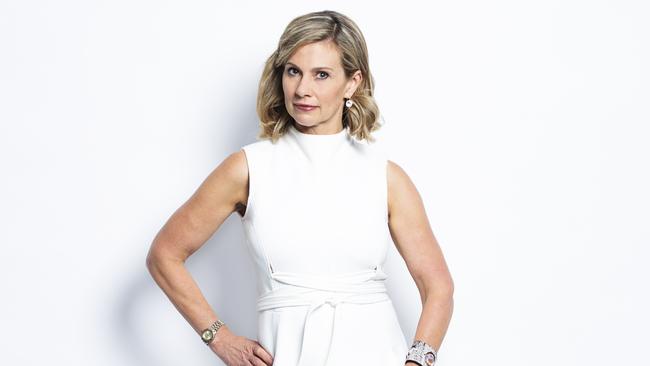
“I’m concerned for people who do come to us in distress because we’ll probably be turning away more people than we help,” Ms Inman Grant said.
But TV and radio host Erin Molan, who became a vocal advocate for the laws after receiving a series of vile threats, said they had the potential to save lives and struck the right balance between keeping free speech and introducing a punishment for the worst online abuse.
“The laws are not going to be putting 1000 people a week into prison,” she said. “The greatest thing they do is create a deterrent. When you don’t have consequences, people don’t think twice about those actions, they just do it.”
Reset Australia executive director Chris Cooper welcomed the new laws but said there was room for greater regulation of social networks that had repeatedly proven unable to moderate abuse online.
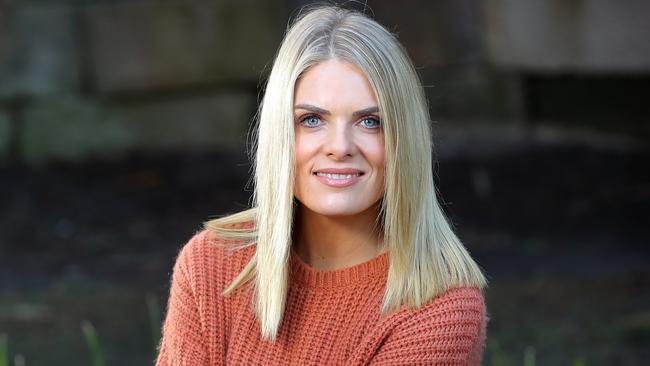
“The era of self-regulation by big tech is well and truly over and now the challenge isn’t about whether to regulate but how to do regulation right,” he said.
University of Sydney associate professor Dr Fiona Martin said some victims of online abuse were being caught in distressing situations due to moderation failures.
In a recent report, Regulating Hate Speech in the Asia Pacific, Dr Martin and co-authors found Facebook’s combination of artificial intelligence software and human moderators often let the worst abuse remain online.
Pictures of mutilated bodies and racist slurs regularly slipped through the gaps, she said, and even some death threats were not removed after being reported.
“We’ve seen lots of inconsistencies,” she said. “In our report, there is an example of someone being called a big bitch who should be raped in the street by dogs. That got past the human filters.”
And Federation University psychology lecturer Dr Evita March said research showed online abuse could have a devastating impact on its targets.
“We see depression in victims, increased stress, and symptoms that resemble post-traumatic stress disorder,” she said. “There is even some suggestion that experiencing online abuse might be more impactful (than face-to-face bullying).”
RECENT CASES OF VICIOUS ABUSE ON SOCIAL MEDIA
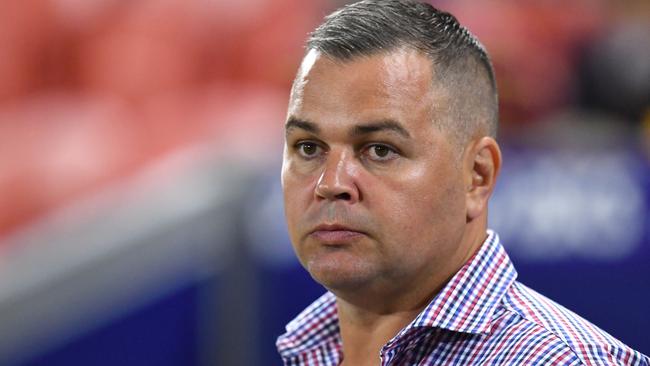
* 2018 Dally M Coach of the Year Anthony Seibold was subjected to a series of salacious, unsubstantiated rumours during his final months with the Brisbane Broncos last year. He called in online investigators and filed a complaint with police over the smear campaign.
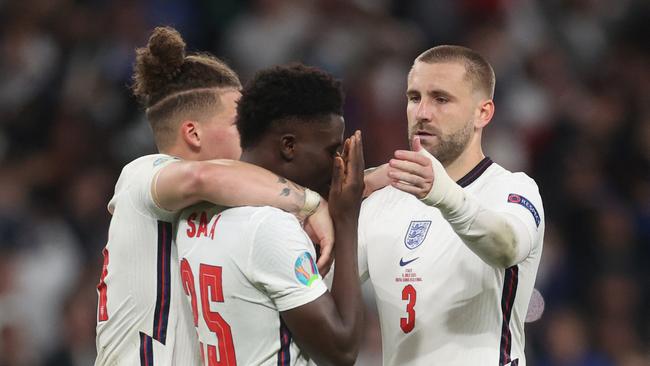
* England soccer players Bukayo Saka, Jadon Sancho and Marcus Rashford were hit with hundreds of racist, abusive tweets following the Euro 2020 final in July. Twitter removed 1622 abusive tweets within 24 hours and 1961 tweets after the final, 126 of which were reported by other users. Police arrested 11 people over comments about the game published on social media.
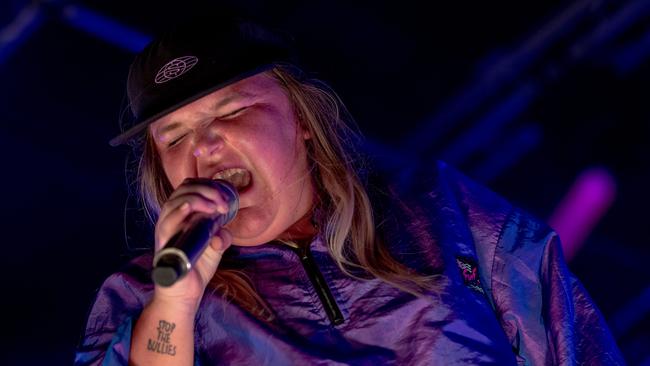
* Chart-topping singer Toni Watson, better known as Tones and I, revealed she suffered depression after bullying, abuse and even death threats sent to her on social media. The singer said she online bullying was “relentless” after her 2019 ARIA wins and she now often restricts comments on posts.
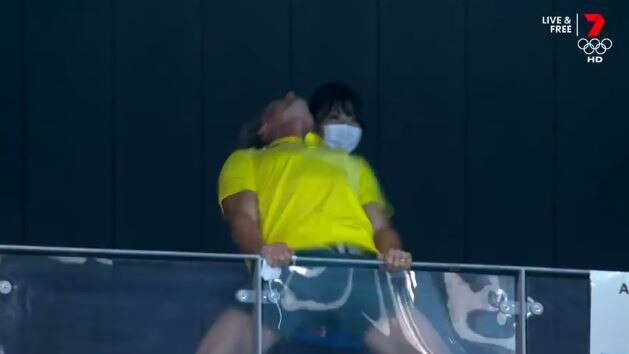
* Swimming coach Dean Boxall’s enthusiastic celebration of Ariarne Titmus’s gold medal-winning performance at the Olympics won praise but also plenty of abuse on social media, including comments that his excitement was “toxic,” a “disgrace,” “vulgar and frankly offensive” and overshadowed her win. Titmus said, “for me personally, I’ve deleted every social media app off my phone”.

* Grammy award-winning singer and 2019 Time Entertainer of the Year Lizzo broke down in a live Instagram broadcast last week over constant online bullying, and a tirade of ”racist and hurtful” comments targeting her following the release of her song with Cardi B. The flautist deleted her Twitter account in January last year but has since returned to social media.
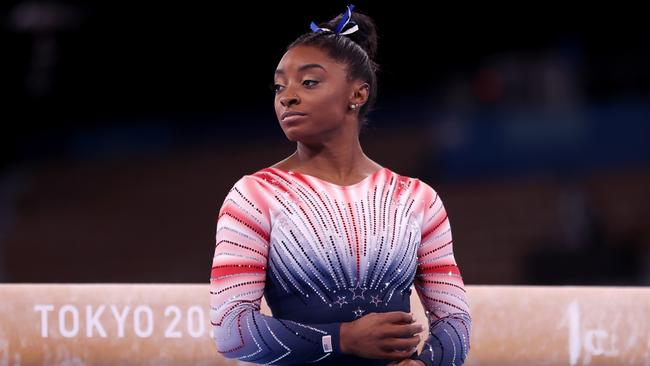
* One of the world’s most decorated gymnasts, Simone Biles was targeted with a torrent of unfair social media hate after withdrawing from some Olympic events, accusing her of “choking,” being “weak” or even a “sociopath”. She said there were days when “everyone tweets you and you feel the weight of the world”.
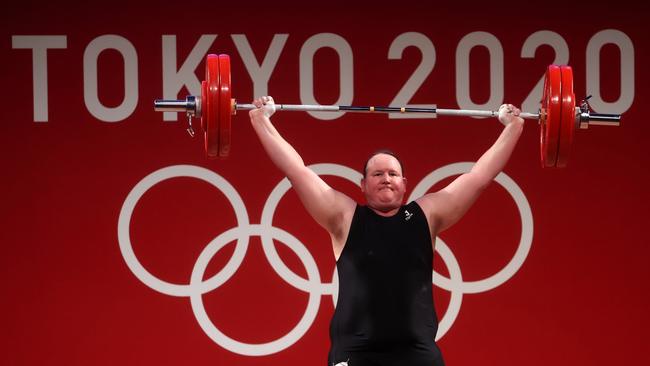
* New Zealand Olympic weightlifter Laurel Hubbard broke new ground as the first transgender athlete at the Games but she was also the subject of hundreds of abusive posts on social media. BBC Sport issued a statement after one of its tweets was inundated with abuse, pledging to block hateful comments and report the most serious cases.
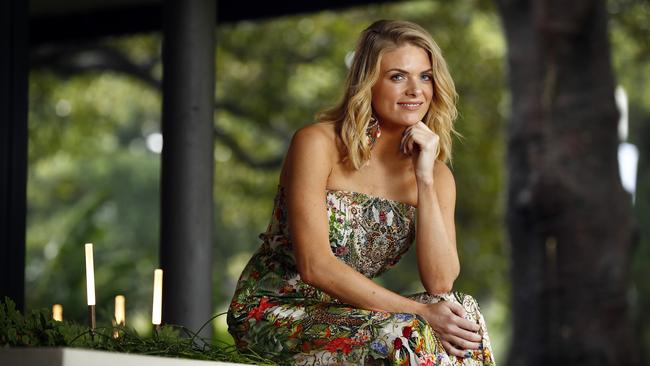
* Radio host Erin Molan took on social media abusers after receiving vile messages in 2018, including one that wished harm on her unborn baby, and others threatening sexual violence. He later received a $1000 fine and eight-month suspended sentence. She has talked publicly about her experiences and recently supported Australia’s upcoming online safety laws.
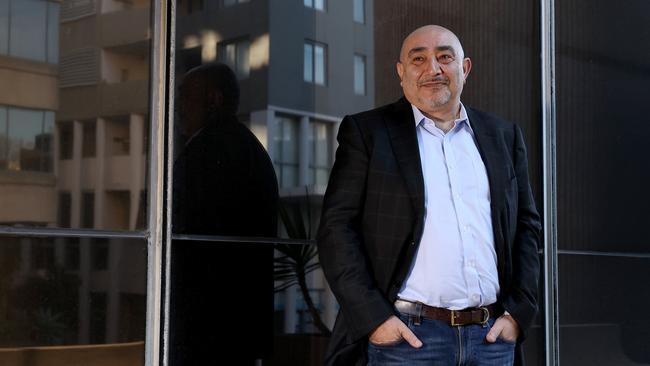
* SPC chairman Hussein Rifai copped a flood of abuse on social media, including his personal profiles and that of the food manufacturer, after announcing a policy that all staff must be vaccinated from November. The abuse ranged from racist comments that he should “go back where he came from” to body-shaping critiques.
WHAT TO DO IF YOU’RE BEING ABUSED
— Record evidence of the offensive material in case you need to report it to authorities
— Report abuse to the social network hosting it, using the drop-down menu beside the content
— If Facebook does not remove it, you may be able to appeal its decision by visiting the Support Inbox
— Instagram’s new Limits feature can temporarily limit comments and messages on your posts
— Twitter will let users limit replies to people you follow or people you mention in a tweet
— If online abuse threatens violence, you can report it to the eSafety Commission online or the police
— Contact support if you think you might need it, including Lifeline on 13 11 14 or lifeline.org.au and Beyond Blue on 1300 224 636 or beyondblue.org.au
More Coverage
Originally published as Social media abuse is rising but new laws to penalise trolls won’t help all victims, experts warn





